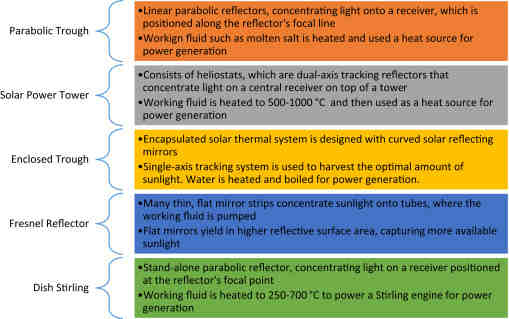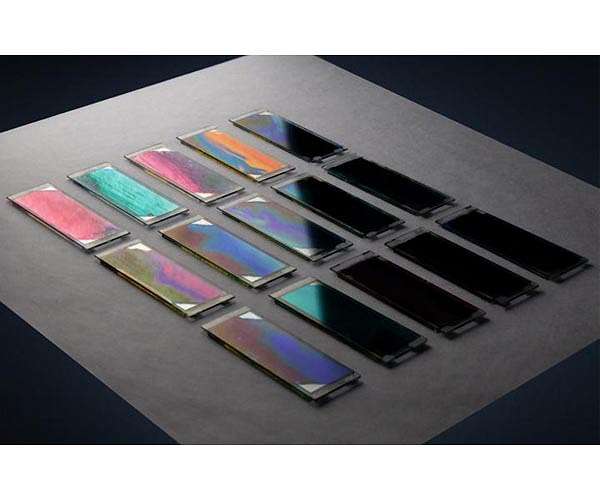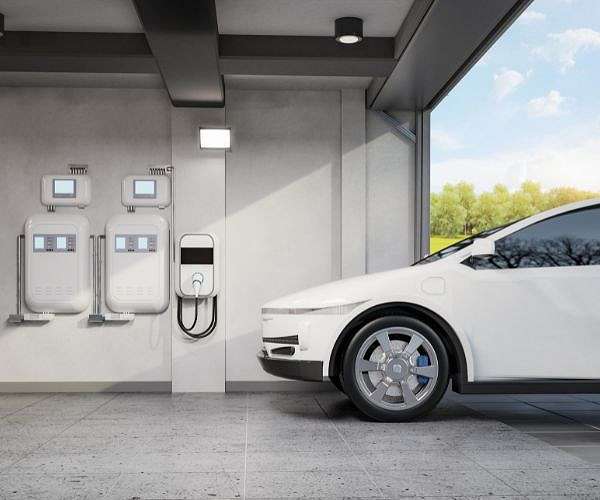Solar panels at a photovoltaic solar park on the outskirts of the coastal town of Lamberts Bay, South Africa, Tuesday, March. 29, 2016. Italian company TerniEnergia started the solar park using a photovoltaic process that converts light into electricity through panels, with the plant expected to produce up to 75 megawatts, to be…
Korean solar company Hanwha Q Cells will spend more than $2.5 billion to expand its Dalton, Ga., facility, the largest single investment in solar power generation in U.S. history, Biden administration officials announced Tuesday.
White House officials expected the expansion, as well as a separate facility to be built northwest of Atlanta, will create about 2,500 jobs in the state.
“Tomorrow’s announcement will have a tangible impact for Georgia workers and Georgia’s growing green economy,” Sen. Raphael Warnock (D-Ga.) told reporters on a call Tuesday.
The Biden administration has often emphasized the role of private sector investment in achieving its renewable energy goals, which include a goal to halve greenhouse gas emissions by 2030.
The White House touted what it says is more than $25 billion in investments in Georgia alone for renewable energy and electric vehicle manufacturing, including a $5.5 billion Hyundai facility near Savannah, a joint venture between Hyundai and SK On for a $5 billion electric battery plant and a $178 million grant from the Energy Department to Solvay to manufacture battery components in Augusta.
“Hanwha’s Q CELLS investment will create thousands of good-paying jobs in Georgia, many of which do not require a four-year degree,” President Biden said in a statement. “It will restore our supply chains so we are not dependent on other countries, lower the cost of clean energy and help us fight the climate crisis. And it will ensure we make cutting-edge solar technology here at home. It’s a win for workers , consumers and our climate.”
The announcement comes as the solar panel industry has been at odds with the Biden administration over a Commerce Department investigation into panel component makers in Southeast Asia for potential evasion of tariffs against Chinese manufacturers.
In December, a preliminary finding from the investigation found four companies – BYD Hong Kong, Canadian Solar, Vina Solar and Trina – involved in duty evasion. The solar industry has argued that penalizing the companies would severely hamper its ability to meet demand for solar energy.
What solar company is Elon Musk investing in?
Ain’t No Fortunate Sun. Tesla Energy was born in 2016 with the $2. See the article : Solar turbines san diego kearny mesa.6 billion acquisition of all shares in SolarCity, a panel installation company founded by Musk and run by his cousin, but not all shareholders have seen the light.
Which energy company does Elon Musk invest in? SolarCity. As CEO of Tesla, Musk is known for supporting environmental and sustainable causes.
What is a good solar stock to buy? Best solar stocks to invest in heading into 2023
- Daqo New Energy Corp. (NYSE:DQ)
- Atlantica Sustainable Infrastructure plc (NASDAQ:AY)
- Shoals Technologies Group, Inc. (NASDAQ:SHLS)
- Canadian Solar Inc. (NASDAQ:CSIQ)
- Sunnova Energy International Inc. …
- SunPower Corporation (NASDAQ:SPWR)
- Array Technologies, Inc.
What is the name of Elon musk’s solar company? The company was founded on July 4, 2006 by Peter and Lyndon Rive, cousins of SpaceX and Tesla, Inc. CEO Elon Musk, and nephews of model Maye Musk. Tesla acquired SolarCity in 2016 for approximately $2.6 billion and reorganized its solar business into Tesla Energy.
Does Elon Musk invest in solar?
Musk has been confident of building business on solar energy and runs the Tesla Solar vertical. This provides panels for the roofs along with energy storage solutions. See the article : Suntrace and Baywa r.e. complete largest off-grid solar-battery hybrid system for mining industry. Tesla’s solar business used a total of 106 megawatts in Q2 2022.
What solar company did Bill Gates invest in?
Who owns Antora Energy? Andrew Ponec – Co-founder and CEO – Antora Energy | LinkedIn.
Which energy company did Bill Gates invest in? Form Energy Inc., an energy storage company backed by Bill Gates’ Breakthrough Energy Ventures, is planning a $760 million plant in West Virginia, the latest facility announced in the wake of President Joe Biden’s landmark climate change law.
Who owns Heliogen Inc?
Who owns Heliogen? Heliogen (NYSE: HLGN ) is owned by 39.61% institutional shareholders, 9.69% Heliogen insiders and 50.69% retail investors. Dakin Sloss is the largest individual Heliogen shareholder and owns 6.67 million. shares representing 3.48% of the company. Dakin Sloss’s Heliogen shares are currently valued at $3.67M.
Is Bill Gates an investor in Heliogen?
Heliogen Inc. is a company that got a lot of press for receiving an investment from 20-year-old world’s richest man Bill Gates, then went public in early 2022.
Did Bill Gates invest in Heliogen? The company became known for its high-profile backers. Investors include Microsoft’s Bill Gates and Los Angeles Times owner Patrick Soon-Shiong.
What solar company did Bill Gates invest in?
Bill Gates-backed foundation invests in utility-scale automated solar installation platform. Terabase Energy raised $44 million in funding round supporting digital and robotics platform for building utility-scale solar power plants.
Who is investing in Heliogen?
Who invested in Heliogen? Heliogen has 30 investors, including ArcelorMittal and Saba Capital Management.
Are Heliogen shares a good buy? According to 9 equities analysts, the average 12-month stock price forecast for Heliogen stock is $3.57, predicting an upside of 571.18%. The lowest target is $2.02 and the highest is $5.25. On average, analysts rate Heliogen stock a buy.
What does the company Heliogen do? Heliogen is a renewable energy technology company that unleashes the power of sunlight to replace fossil fuels.
Should you invest in solar energy?
Solar energy saves you money on the energy bill. The cost of solar energy is less than the cost of electricity produced in other ways. As energy costs rise at your utility company, so does the amount of your solar energy savings. Some customers can dramatically reduce or nearly eliminate their energy costs with solar.
Are solar stocks a good investment? The global solar energy market is expected to grow at a CAGR of 6.9% during the period 2021-2028, growing from USD 184.03 billion in 2021 to USD 293.18 billion in 2028. Some of the key players in the industry include First Solar, Inc. (NASDAQ) :FSLR), Sunrun Inc. (NASDAQ:RUN) and Enphase Energy, Inc.
Which solar stock is best to buy? Its potential growth is another reason why investors should consider investing in solar energy stocks. First Solar, Brookfield Renewable and SolarEdge Technologies stand out as among the best options thanks to strong financial profiles and visible growth prospects.
Is solar still a good investment?
Solar panels are a good investment for many American households, especially those with abundant sunshine and high utility rates. Going solar can lead to hundreds of thousands in energy savings over a system’s 25-year lifespan and can increase your home’s value.
Is solar still worth it in 2022? Solar panels are proven, time and time again, to pay for themselves, usually in less than ten years, reducing energy costs and reducing your impact on the planet. Given this, many homeowners find themselves asking the question: are solar panels still worth getting in 2022? In short, the answer is yes.
Will solar panels become cheaper in 2023? PV Tech: Solar module prices for international markets are expected to fall in line with expected polysilicon price declines starting in 2023, according to research by Clean Energy Associates (CEA).



